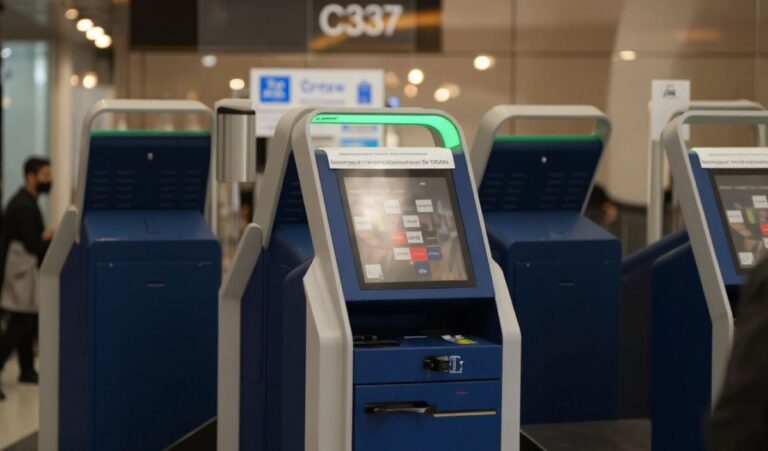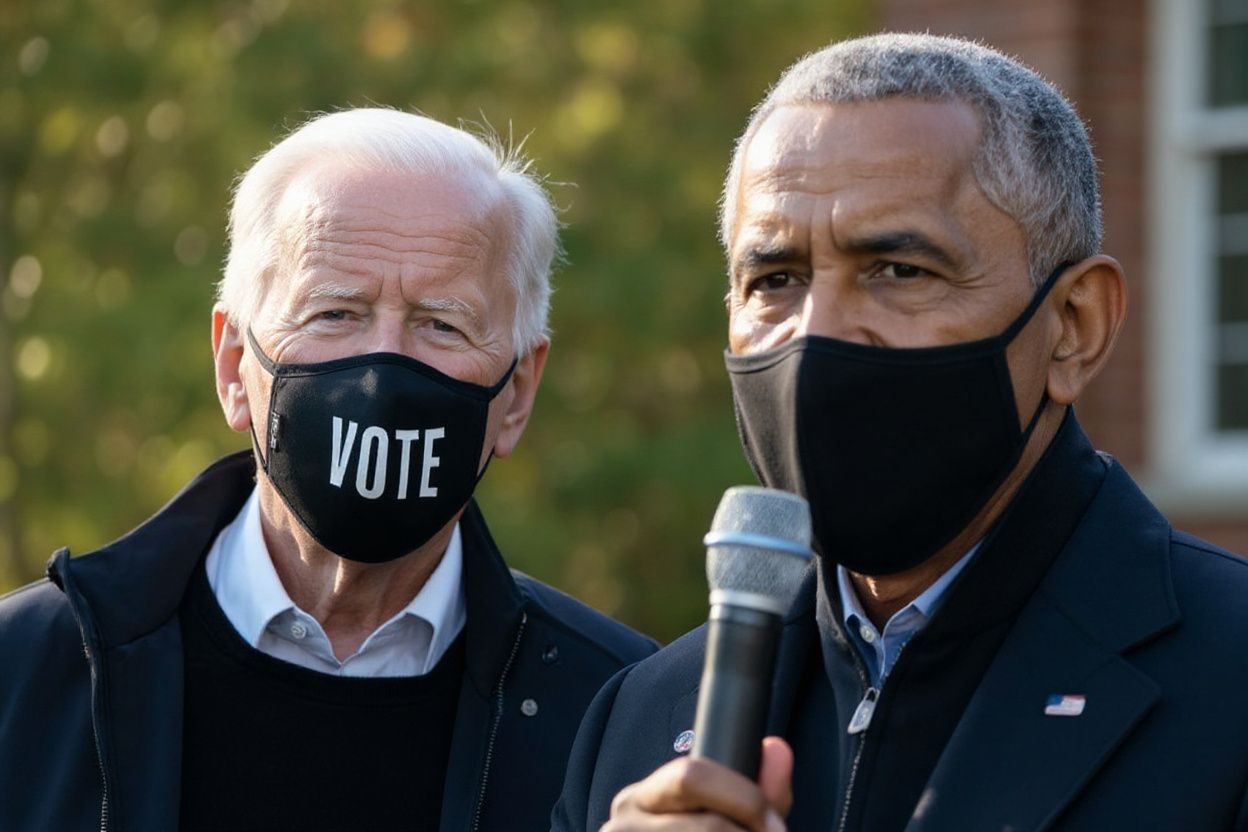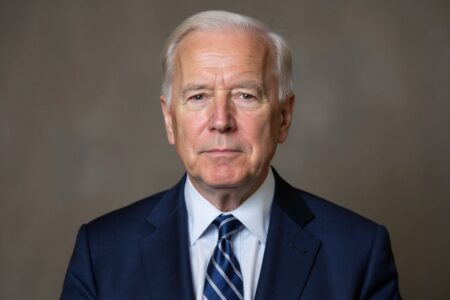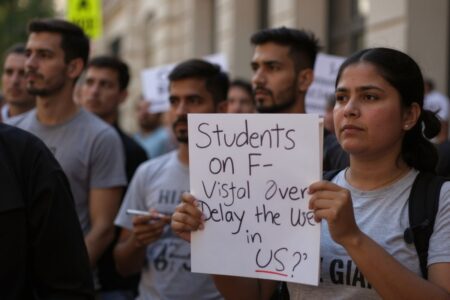
The Department of Homeland Security (DHS) should facilitate international entrepreneurs who want to work in the US by updating immigration rules, suggests a new report from the Brookings Institution. In this report, a range of attorneys and social scientists experienced in immigration and entrepreneurship are urging the DHS to follow up on a 2014 memo to welcome more “highly skilled businesses and workers” in a post-pandemic US.
“Looking back at the 2014 DHS memo, much has been achieved by that clear and incisive directive. We encourage DHS to issue a follow-up memo expanding on those earlier ideas, and adding guidance and policy specifically to support international entrepreneurs. The US immigration system is a game of categories, and many of the categories were created at a time when most students were in class full-time and most workers were 9-5 employees,” they wrote.
Among the recommendations are ensuring all green cards are used each year, allowing job portability for those in employment-based visa backlogs, and expanding the list of academic fields eligible for additional Optional Practical Training for STEM graduates. The paper also suggests regulatory changes for automatic 180-day automatic extension while work visas are pending approval.
As explained, “The DHS should address OPT processing delays by granting conditional approval of employment authorisation documents pending over 90 days, allowing students to start work on receipt of the OPT I-765 application receipt, or at least permitting students to apply for OPT six months ahead of time instead of five.”
 Brookings Institution is calling on DHS to follow-up on a memo from the Obama administration, with the support of President Biden.
Brookings Institution is calling on DHS to follow-up on a memo from the Obama administration, with the support of President Biden.
Attracting a million entrepreneurs to work in the US
Besides that, Brookings Institution suggests properly developing the proposed International Entrepreneur Parole Rule (IER) programme, which President Biden revived in early May 2021. “IER offers a compelling immigration pathway for entrepreneurs without the need for any congressional action and could create some one million US jobs over 10 years,” the report stated. In line with this aim, there are several considerations to be made in attracting international entrepreneurs to work in the US.
For one, Brookings would like DHS to clarify that graduates on STEM OPT extensions may design their own employment if it involves valid training and salary. Entrepreneurs should be allowed this extension, say the report authors. “In our experience as immigration lawyers/professionals, college and university international advisers hesitate to recommend STEM OPT for entrepreneurs despite the fact that some entrepreneurs receive adequate funding through university-based accelerator or incubator programs to provide the legally required mentorship training to qualify for STEM OPT,” they stated.
On top of that, the authors suggest clarifying the use of Curricular Practical Training (CPT); although most business schools do not offer these internships, it has the potential to grow entrepreneurial activities and training. So while some schools allow for broader use of CPT for entrepreneurial activities, others remain restrictive in its application. Brookings believes this is because “The language in the regulations is not explicit in allowing for entrepreneurial activities, thus essentially leaving it up to schools to interpret.”
“Internship or work experience required by any course for credit, or by any academic program and a prerequisite to completing all degree requirements, should be approvable as CPT,” the report read. The authors also suggested that employment authorisation exemption for unpaid volunteer experiences. Successfully executing these measures for international entrepreneurs could be incredibly beneficial to the country’s economic growth in the coming years.










